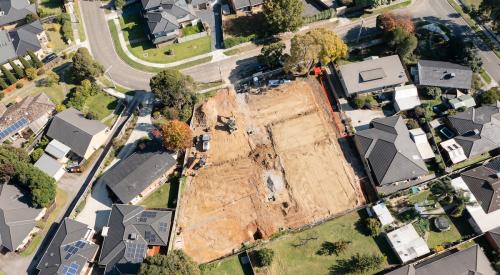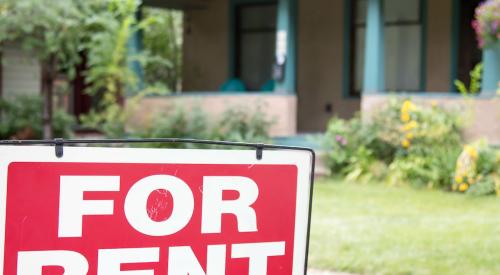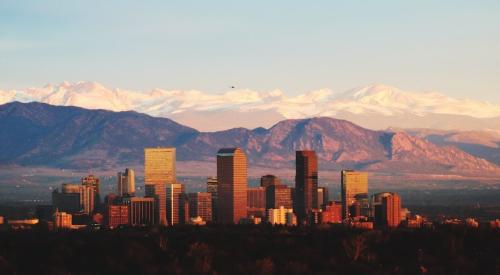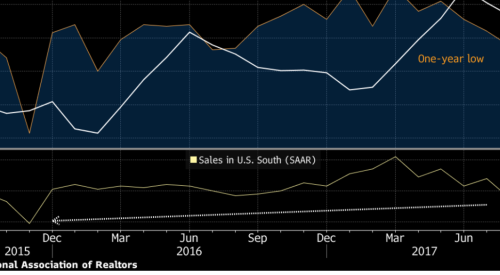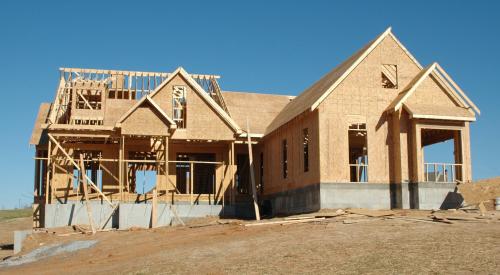What started out as a coastal issue is now a nationwide crisis. As residents of states with sky-high housing prices moved inland, they took the housing shortage with them: Ironically, the search for affordable prices pushed the local costs in previously affordable states up as transplants settled down and took up housing stock in areas that were not ready for sudden, explosive growth. The shortage is not in every state, as some are actually experiencing overstock, but these tend to be states that already had weaker economies and fewer job prospects. Overall, twenty-nine states and Washington, D.C. are currently experiencing shortages, and experts believe those inventories will continue to drop as builders try to scale up production to meet demand.
After years of scaled back construction, housing scarcities appeared in coastal markets with high demand and strong economies. Once consumers began moving further inland in search of affordability and availability, deficits started rolling through the interior metro areas as well, a Freddie Mac report said.
This disparity drives up home and rent prices in those high-demand markets. Currently, 29 states have housing stock shortages — along with Washington, D.C. By proportion of housing stock at a deficit, D.C.'s 9.55% leads the way. Oregon comes next with an 8.8% shortage, followed by 5.7% in California and 5.4% in Minnesota.

